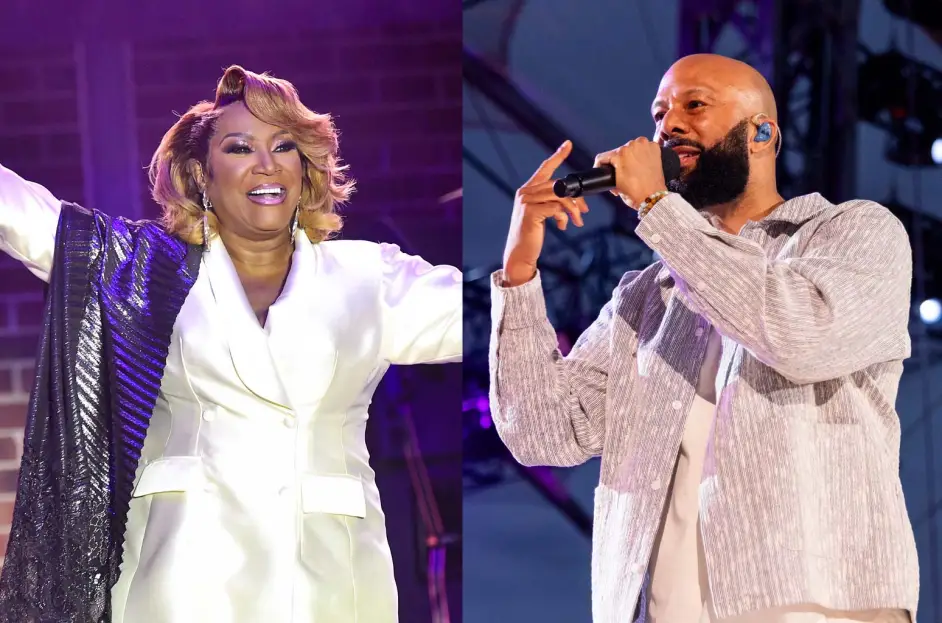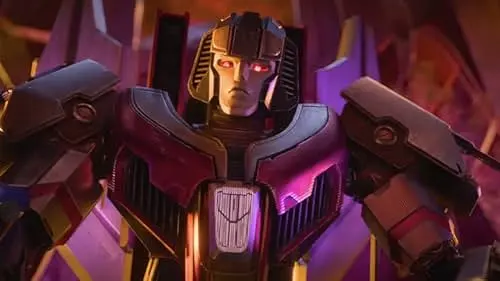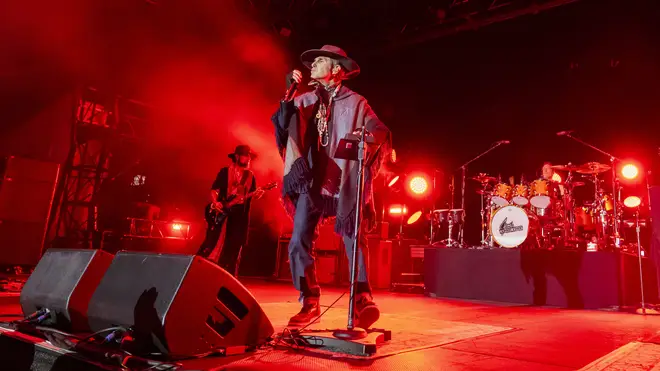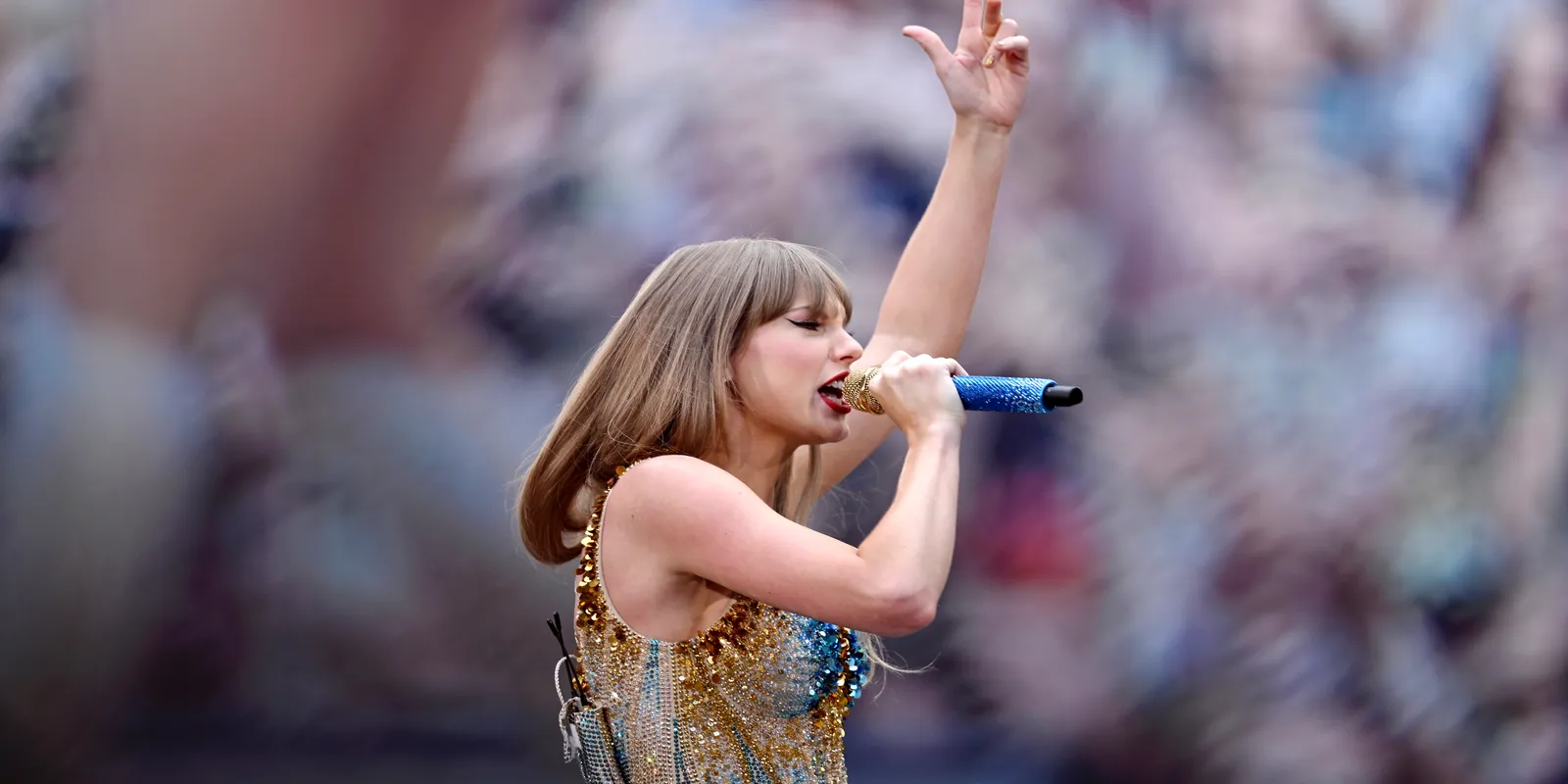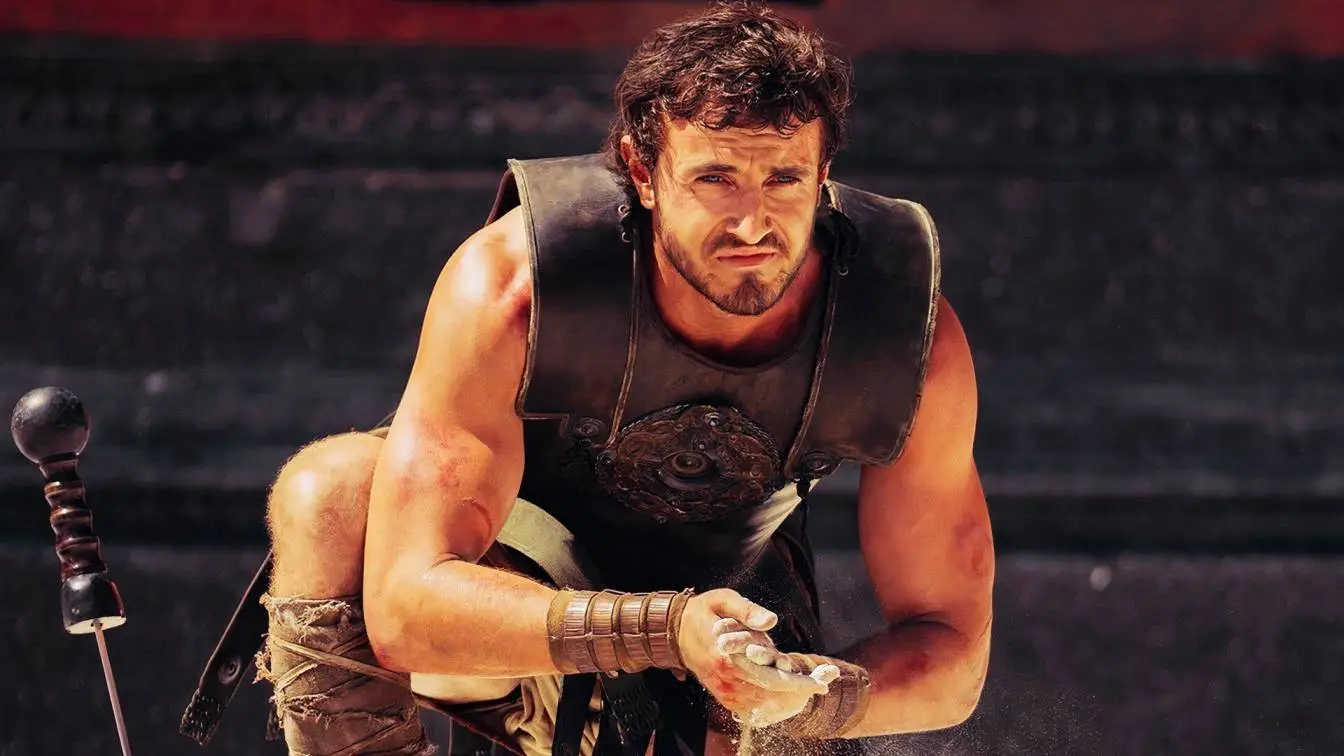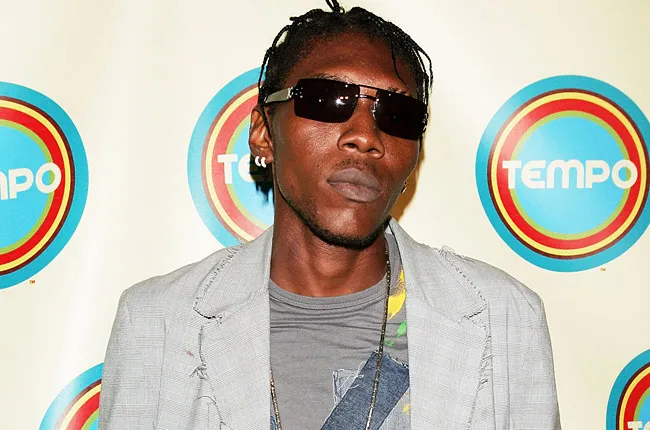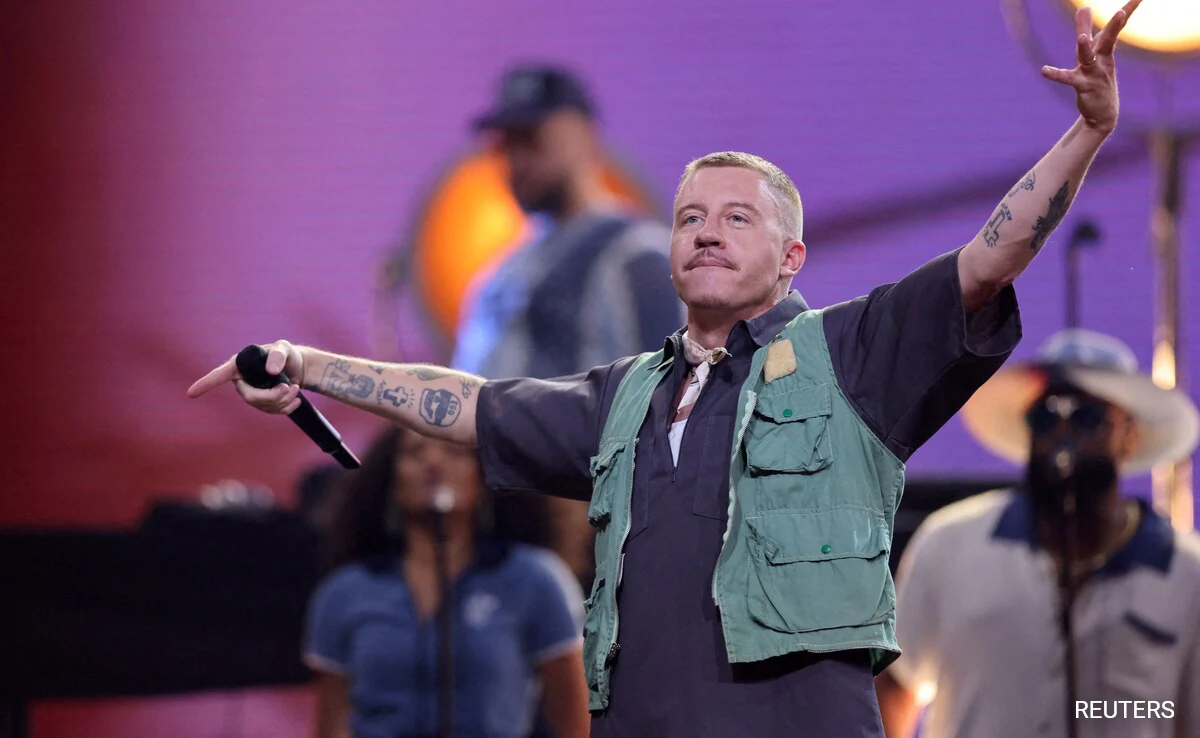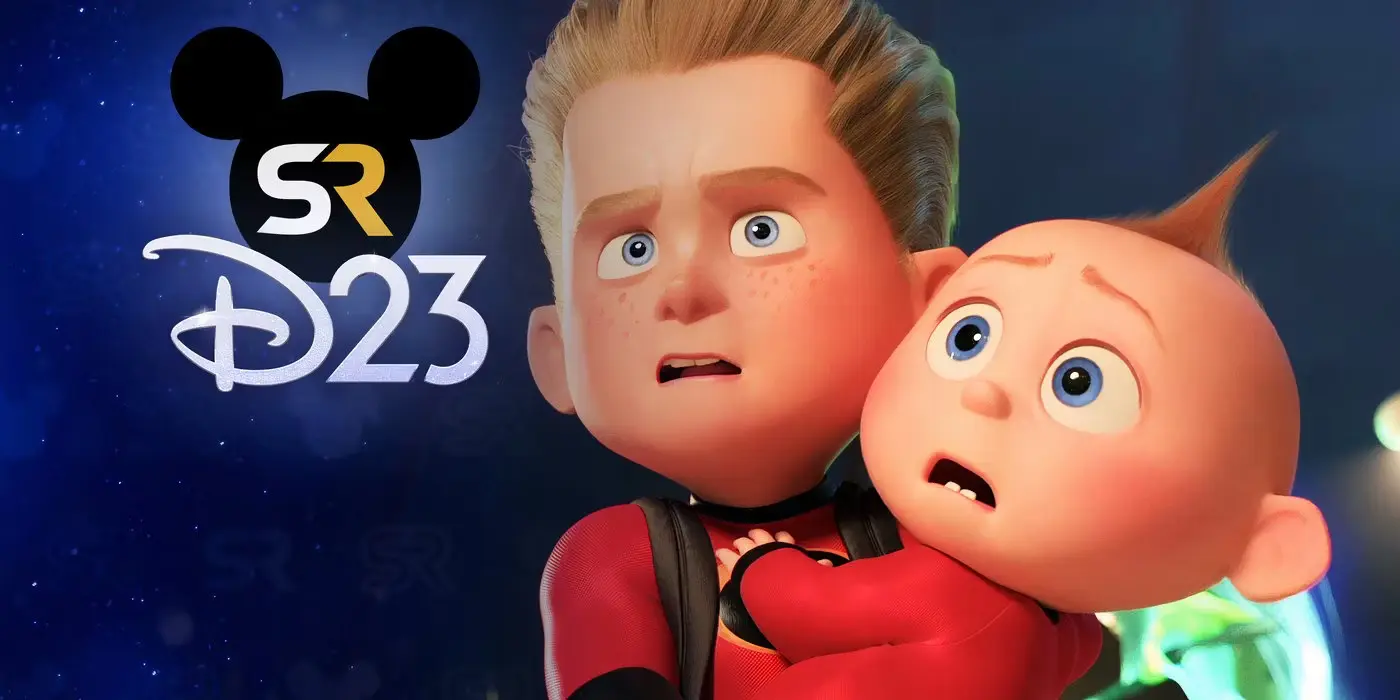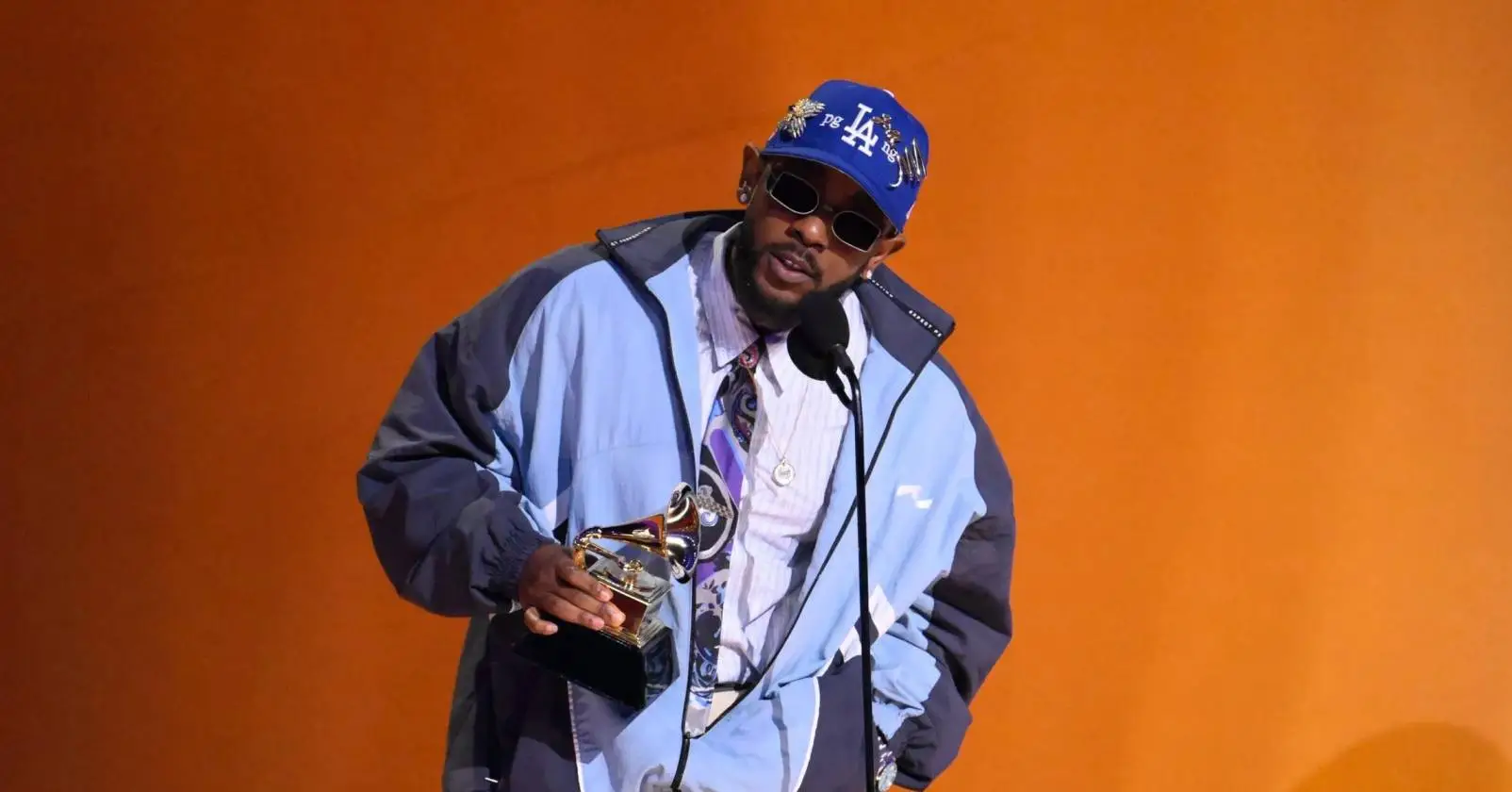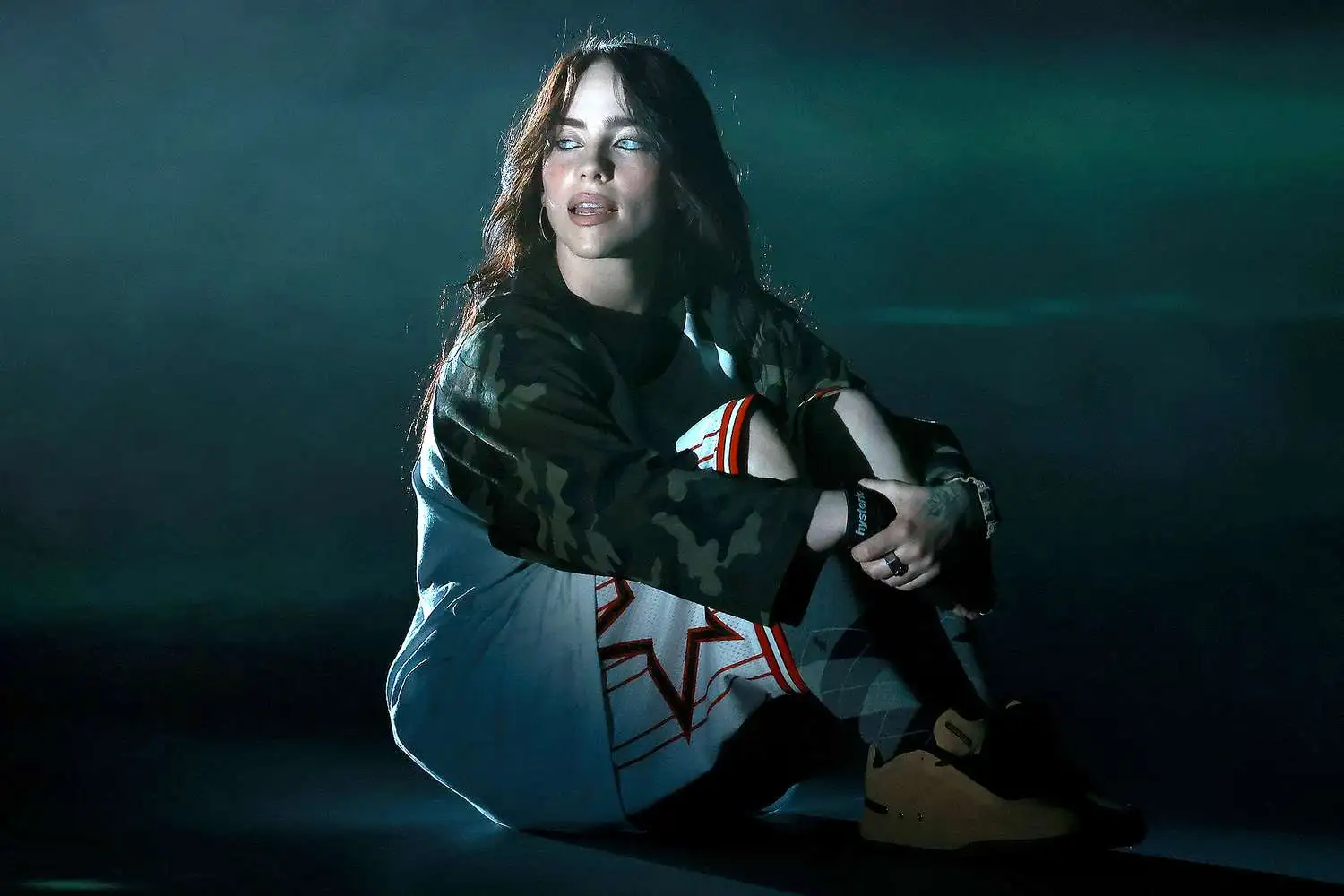The Democratic National Convention (DNC) has long been a platform where politics meets culture, providing as a forum for not just political conversation but also creative expression. This year, the DNC is scheduled to feature a powerhouse of talent on Night 2, with famous singer Patti LaBelle and renowned rapper and actor Common booked to perform. Their participation at the conference is more than simply entertainment; it symbolizes the convergence of art, activism, and the continuous battle for justice and equality in America.
Patti LaBelle: A Voice of Power and Grace
Patti LaBelle, commonly referred to as the “Godmother of Soul,” is a musical classic with a career spanning over six decades. Known for her strong voice, captivating stage presence, and a run of singles that have become timeless classics, LaBelle has established her position in the pantheon of American music. From “Lady Marmalade” to “If You Only Knew,” her songs have resonated across decades, making her a revered presence in the world of R&B, soul, and pop music.
LaBelle’s engagement in the DNC is noteworthy on numerous levels. Throughout her career, she has utilized her position to speak for social justice, civil rights, and the empowerment of African Americans. Her music has frequently been a reflection of her devotion to these issues, with songs that relate to the feelings of love, loss, triumph, and perseverance. Performing at the DNC allows her to continue this tradition, contributing her voice to a movement that aspires to solve some of the most urgent issues confronting the country today, including racial inequity, economic imbalance, and the battle for democracy.
Common: Bridging Music and Activism

Common, born Lonnie Rashid Lynn Jr., is not only a rapper but a versatile artist whose work spans music, movies, and activism. Known for his analytical lyrics and socially concerned topics, Common has been a notable presence in hip-hop since the early 1990s. His music regularly dives into subjects like racial justice, poverty, and spirituality, making him a voice for the voiceless and a chronicler of the African American experience.
In addition to his music career, Common has also established himself as an actor, performing in films such as “Selma,” where he played a vital role in portraying the battle for civil rights. His performance in “Glory,” the Oscar-winning song from the movie “Selma,” opposite John Legend, was a dramatic moment that emphasized his dedication to advocacy via art.
Common’s attendance at the DNC is a logical outgrowth of his advocacy efforts. Over the years, he has been involved in several activities aimed at elevating neglected groups, encouraging education, and challenging systematic injustice. His involvement at the convention underlines the significance that artists can play in altering the political environment, utilizing their platforms to encourage change and organize people.
The Cultural and Political Significance of Their Performances
The decision to showcase Patti LaBelle and Common at the DNC is not simply about entertainment; it’s a strategic choice that highlights the cultural and political significance of the conference. Both musicians symbolize the rich heritage of African American music and its involvement in the battle for civil rights. Their performances are intended to be more than simply musical interludes—they will serve as painful reminders of the ongoing battle for justice and the significance of civic involvement.
In a time of heightened political tension and social upheaval, the arts have become a potent weapon for voicing dissent, pushing for change, and unifying people across diverse backgrounds. The DNC has long acknowledged this, typically adding acts that resonate with the themes of the convention and the principles of the Democratic Party. By showcasing LaBelle and Common, the DNC is acknowledging the critical role that musicians play in molding public opinion and driving support for the party’s policy.
The Legacy of Music in Political Conventions
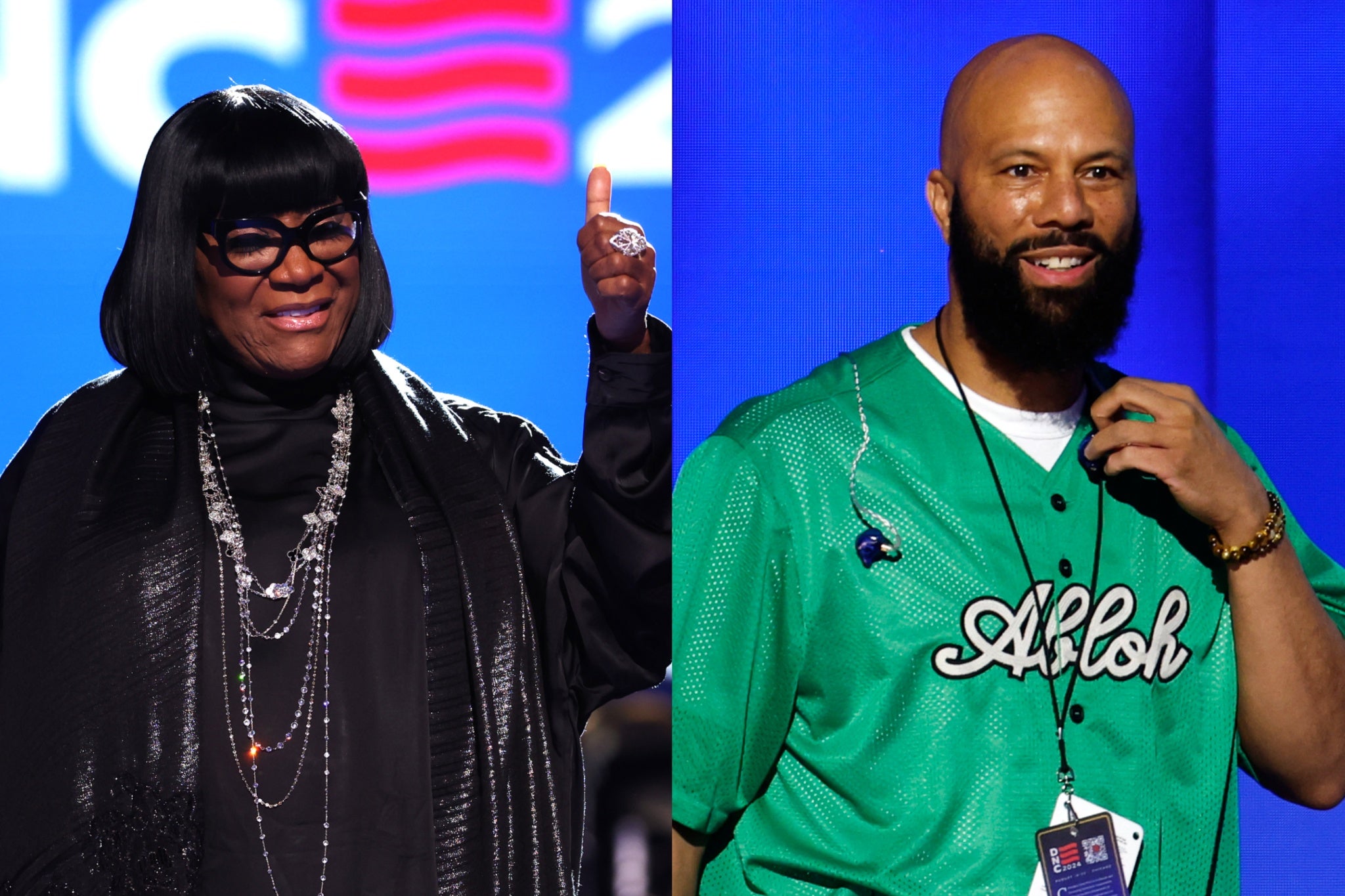
Music has traditionally been a vital aspect of political conventions, acting as a tool to motivate the crowd, transmit messages, and create the tone for the event. From Bruce Springsteen’s performances at previous Democratic conventions to Beyoncé’s dramatic version of the National Anthem during President Obama’s inauguration, music has a way of capturing the spirit of the moment and enhancing the ideas being expressed.
At this year’s DNC, the presence of Patti LaBelle and Common follows this trend. Their music, which is strongly steeped in the African American experience, will certainly appeal with many voters, particularly in a year where concerns of racial justice and equality have been at the center of the national discourse. Their performances will serve as a reminder of the power of music to bring people together, inspire action, and generate enduring change. You may also read this: Megan Moroney's Charms Grow Stronger on Sophomore Album
What to Expect from Their Performances
While the particular details of Patti LaBelle and Common’s performances at the DNC have not been announced, it’s safe to predict that their sets will be emotionally intense and thematically linked with the convention’s focus on unity, justice, and democracy. LaBelle’s strong vocals and Common’s thought-provoking lyrics are likely to generate moments that will remain with viewers long after the convention is done.
For LaBelle, this concert may contain some of her most memorable songs that speak to themes of love, resilience, and empowerment. Given her history of appearing at key cultural events, it’s probable that she will provide a performance that is both a celebration of her musical legacy and a call to action for voters.
Common, on the other hand, may perform pieces that showcase his devotion to social justice, maybe including songs from his critically praised albums like “Be” or “Black America Again.” His performance is intended to be both a reflection of his creativity and an expression of his activism, pushing audiences to join in the political process and speak up for their convictions.
Conclusion
The performances by Patti LaBelle and Common at the Democratic National Convention on Night 2 will be more than simply musical entertainment—they will be moments of cultural and political significance. As two musicians who have long been activists for social justice and equality, their participation at the convention reflects the crucial role that music and art play in the struggle for a better future. Their performances are likely to inspire, elevate, and remind us all of the power of art to bring about change.
In a year defined by extraordinary challenges, the DNC’s selection of these legendary musicians is a monument to the lasting power of music to stir hearts, minds, and, ultimately, the nation.

